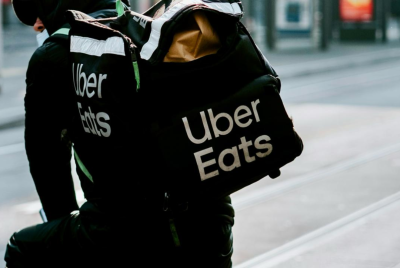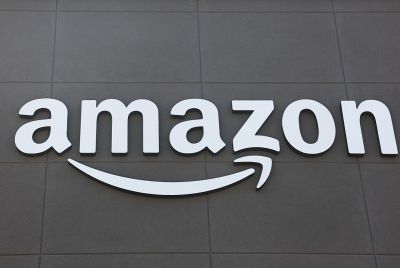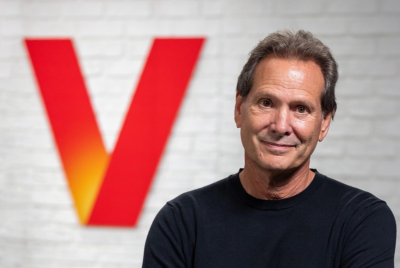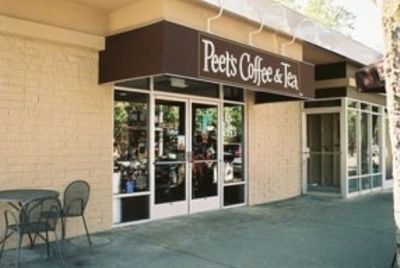Happy 100th Birthday To Milton Friedman: A Century Of Freedom And Free Market
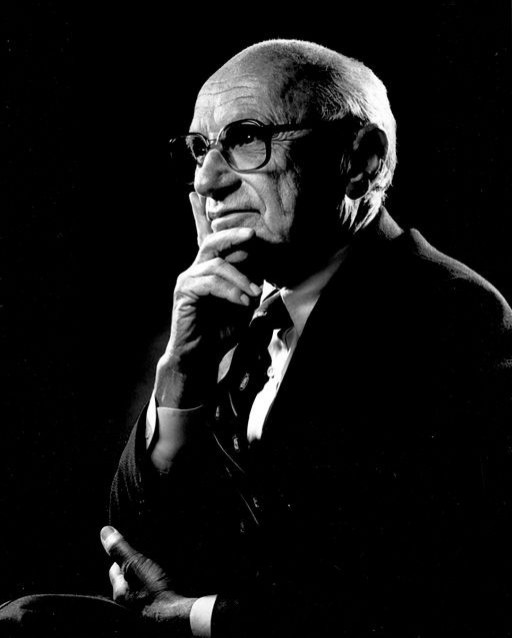
If Milton Friedman were alive today, he would be 100 years old. The Nobel-prize winning economist has transformed the way many people think about the government and economic policy.
The combative free-market economist, who died in 2006, believed in the power of free markets and held that the government's role in the guidance of the economy should be restricted severely.
As Friedman noted: "Many people want the government to protect the consumer. A much more urgent problem is to protect the consumer from the government."
Born in 1912 to Jewish immigrants in New York City, Friedman attended Rutgers University, where he earned his B.A. at the age of twenty. He went on to earn his M.A. from the University of Chicago in 1933 and his Ph.D. from Columbia University in 1946.
In 1976, Friedman was awarded the Nobel Prize in economics for "his achievements in the field of consumption analysis, monetary history and theory, and for his demonstration of the complexity of stabilization policy."
Before that time he had served as an adviser to President Richard Nixon.
Friedman revealed that the Great Depression was caused not by greedy capitalists but, in large part, by the mistaken monetary policy of the Federal Reserve Bank during the 1930s.
"The Fed was largely responsible for converting what might have been a garden-variety recession, although perhaps a fairly severe one, into a major catastrophe. Instead of using its powers to offset the depression, it presided over a decline in the quantity of money by one-third from 1929 to 1933 ... Far from the depression being a failure of the free-enterprise system, it was a tragic failure of government," Friedman wrote in his memoirs with his wife Rose, titled Two Lucky People.
Dubbed by the New York Times as the "grandmaster of free market economic theory," Friedman produced a stream of cutting-edge research on consumer behavior, on the role of money, and on the history of U.S. and British monetary policy during his 30-year tenure at the University of Chicago.
To many professional economists, Friedman's A Theory of the Consumption Function (1957) was his greatest achievement, as it fundamentally undermined Keynesian economics.
This landmark work took on the Keynesian view that individuals and households adjust their expenditures on consumption to reflect their current income. Friedman challenged this view with both facts and analysis, showing that people's annual consumption is a function of their "permanent income," a term he introduced as a measure of the average income people expect over a few years.
Friedman is also noted for his critique of the Phillips curve and the concept of the natural rate of unemployment. He showed that the inverse relationship between inflation and unemployment held only in the short run, when the inflation was unexpected. Once people adjust to the higher inflation rate, unemployment would creep back up. A government that brings about greater inflation can't permanently reduce unemployment by doing so.
Friedman was also a major proponent of a volunteer military, stating that the conscription was "inconsistent with a free society." In Capitalism and Freedom (1962), he argued that conscription is inequitable and arbitrary, preventing young men from shaping their lives as they see fit.
"Milton's greatest pride lay in serving President Nixon at the height of the Vietnam War on the Commission on an All-Volunteer Force," writes John Blundell in the Telegraph. "He convinced his 14 fellow commissioners to vote 15 to zero to scupper the draft and go for a professional, all-volunteer military."
Friedman's ideas have also been extremely influential within the school choice movement.
In his 1955 article The Role of Government in Education, Friedman proposed supplementing publicly operated schools with privately run but publicly funded schools through a system of school vouchers.
His ideas are being frequently used to make both the economic and moral case for expanding parents' freedom to choose the school they think is best for their children.
"Today there are 39 voucher and tax-credit programs in 21 states and the District of Columbia offering more than 200,000 children educational freedom. In the past two years alone, more advancement has been made in school choice than in the previous 20. Yet most American parents still are not free to choose their child's school. Limited by the financial resources of their parents, children living within arbitrarily drawn boundaries are assigned to government-run institutions. The competitive, diverse and innovative system of high-quality educational options Friedman advocated is not yet a reality," write Patrick Byrne and Robert Enlow of the Friedman Foundation for Education Choice.
A great and quick way to understand Friedman's contributions is to watch the legendary PBS TV series "Free to Choose," aired in 1980.
In the opening episode of his 10-part PBS series, Friedman held in his hand an ordinary pencil and explained that even a seemingly simple product like a pencil, requires the knowledge and labors of millions of people from around the world.
A brilliant way to explain the power of the free market.
Watch the full series here.
© Copyright IBTimes 2025. All rights reserved.




